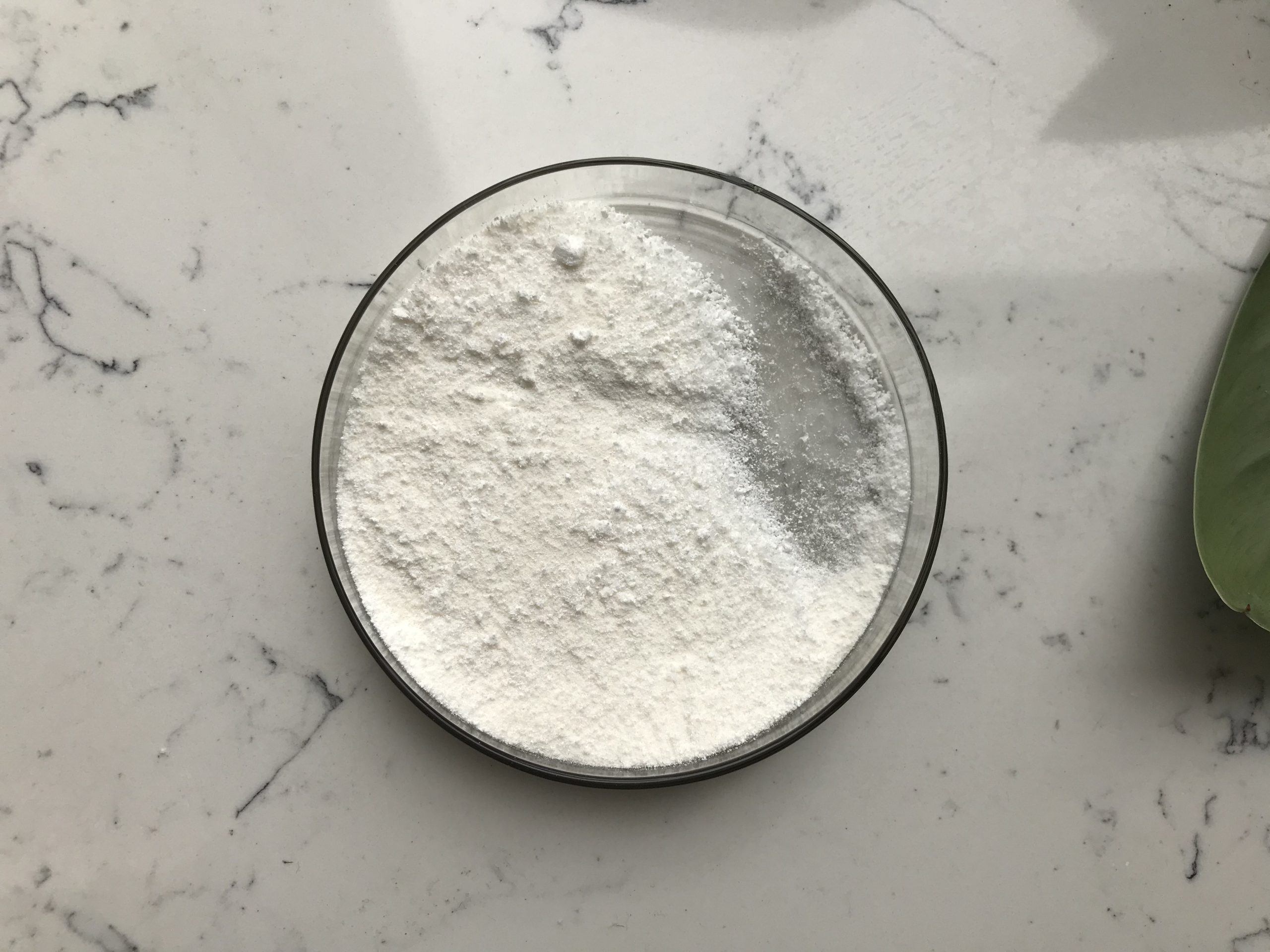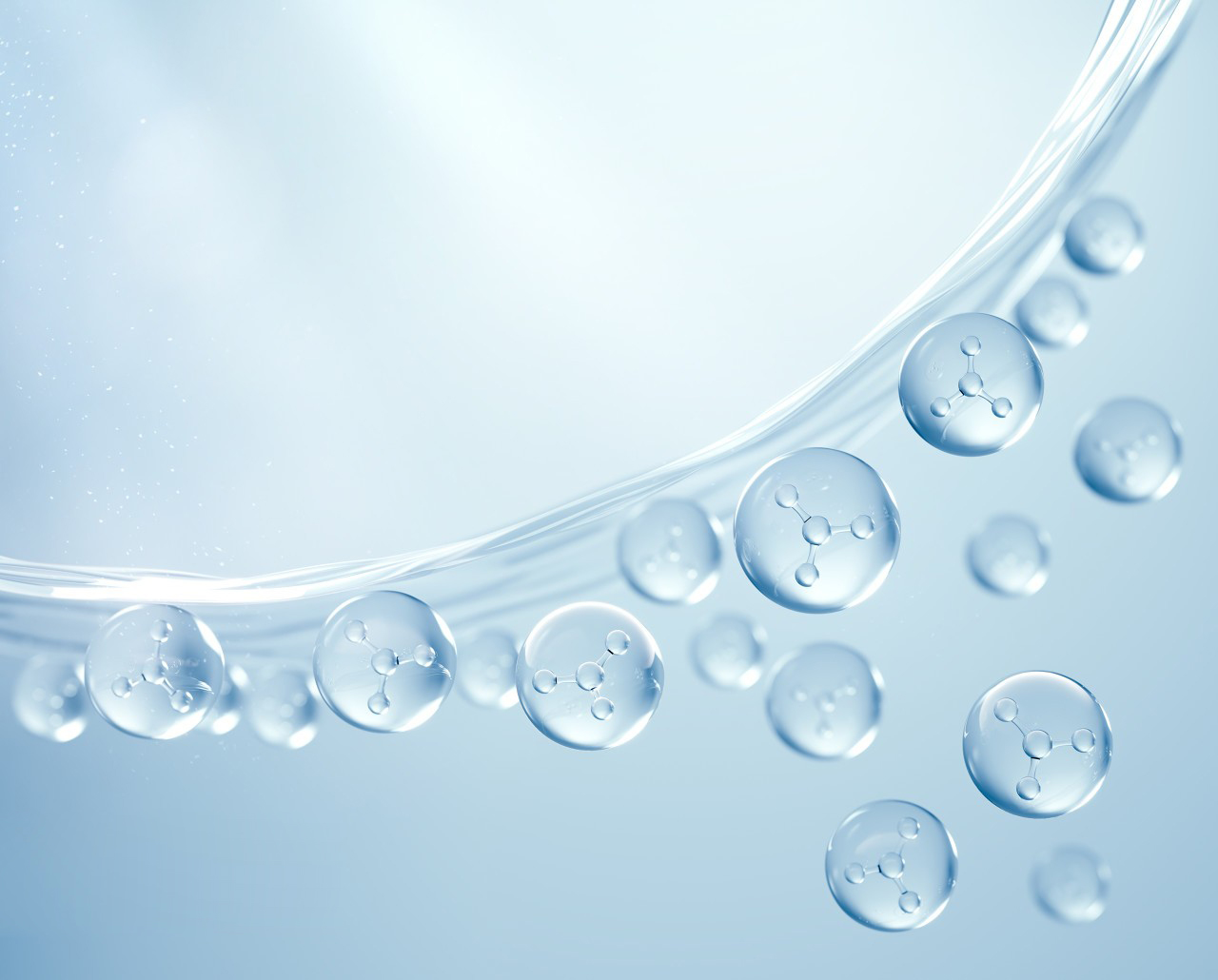Polyglutamic acid (PGA) is a relatively new and innovative skincare ingredient that has gained popularity for its potential benefits. It is a natural polymer of the amino acid glutamic acid and is water-soluble. Polyglutamic acid is known for its ability to retain moisture, improve skin texture, and offer several other skincare benefits.
Benefits of Polyglutamic Acid
- Superior Moisture Retention: Polyglutamic acid has a remarkable water-binding capacity, which allows it to hold more moisture than hyaluronic acid. It can hold up to four times more water, making it an excellent hydrating agent for the skin. This hydration helps to plump the skin, reduce the appearance of fine lines and wrinkles, and maintain a healthy moisture balance.

- Enhanced Skin Barrier Function: Polyglutamic acid can strengthen the skin’s natural moisture barrier, preventing transepidermal water loss (TEWL) and protecting the skin from external irritants. This is especially beneficial for individuals with sensitive or compromised skin.
- Smoother Skin Texture: Regular use of Polyglutamic acid can result in smoother, softer skin. It helps to exfoliate dead skin cells and encourages the natural shedding of the skin’s outermost layer, promoting a more radiant complexion.
- Brighter and More Even Skin Tone: Polyglutamic acid can help to fade hyperpigmentation and improve overall skin tone. By exfoliating the skin and increasing cell turnover, it can reduce the appearance of dark spots and promote a more even complexion.
- Anti-Aging Properties: Polyglutamic acid is ability to retain moisture and improve skin texture can help reduce the appearance of fine lines and wrinkles. It plumps and firms the skin, making it look more youthful.
- Compatibility with Other Ingredients: Polyglutamic acid can be used in conjunction with various other skincare ingredients, including antioxidants, retinol, and sunscreen, making it a versatile addition to skincare routines.
- Suitable for All Skin Types: Polyglutamic acid is generally well-tolerated by most skin types, including sensitive and acne-prone skin. It is non-comedogenic, so it won’t clog pores.
- Cooling and Soothing: Polyglutamic acid can have a soothing effect on the skin, making it ideal for those with redness or inflammation. It can help reduce skin irritation and redness.

- Long-Lasting Hydration: Unlike some moisturizing ingredients that may evaporate quickly, Polyglutamic acid forms a protective film on the skin’s surface, locking in moisture for longer-lasting hydration.
- Makeup Primer: Polyglutamic acid can be used as a makeup primer because it provides a smooth canvas for makeup application, extends makeup wear, and helps prevent makeup from settling into fine lines.
It’s important to note that while Polyglutamic acid has shown promise in skincare, individual results may vary. When incorporating Polyglutamic acid into your skincare routine, it’s advisable to start with a patch test to ensure your skin doesn’t react negatively, especially if you have sensitive skin. Additionally, you should consult with a dermatologist or skincare professional to determine the best products and regimen for your specific skin type and concerns.
